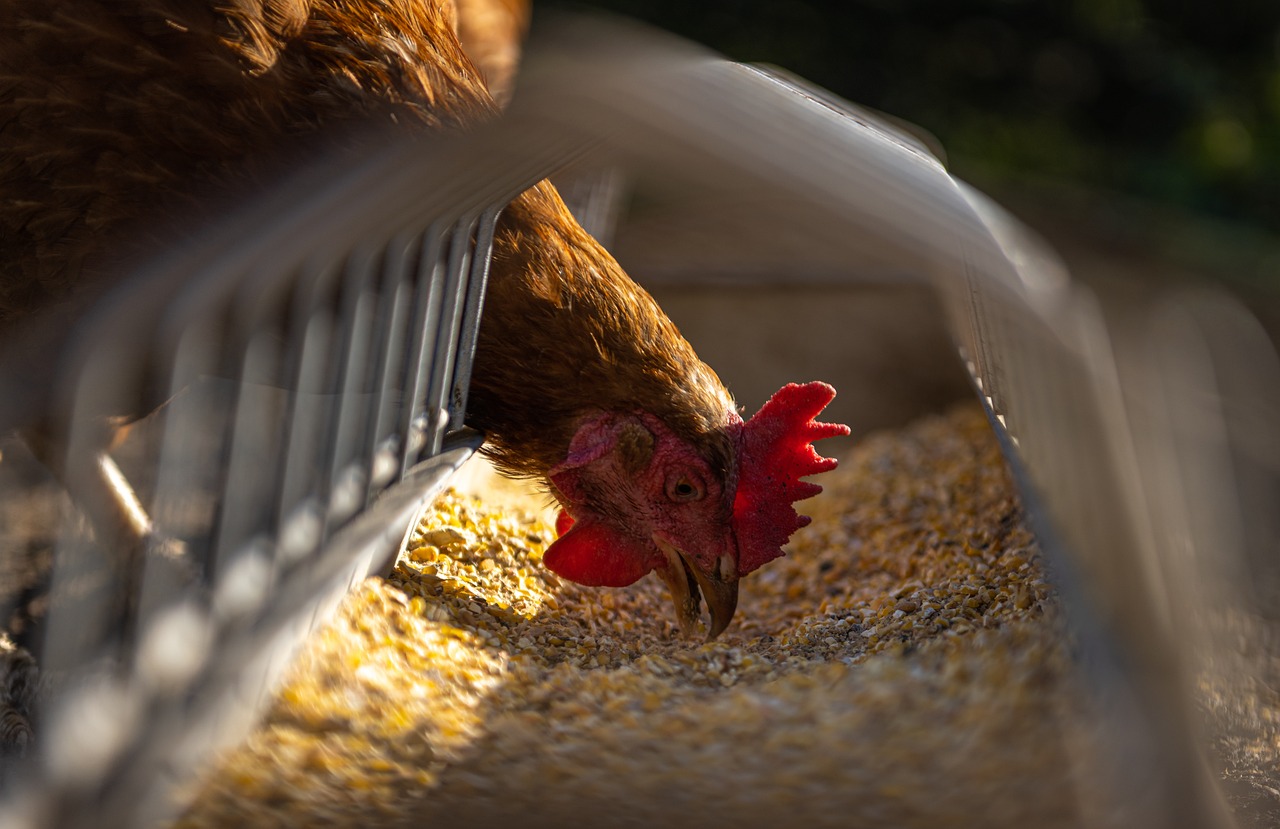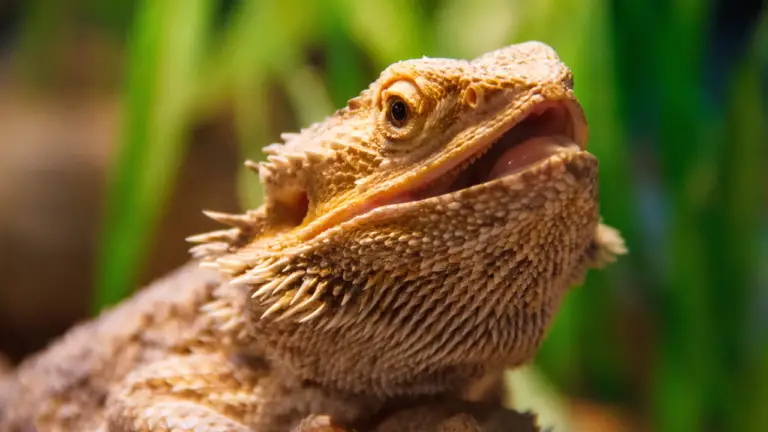What Do Chickens Eat? A Comprehensive Guide

Chickens are omnivores and eat a variety of foods including grains, seeds, vegetables, fruits, insects, and even small animals. A balanced diet for chickens typically consists of commercial feed, fresh produce, and occasional treats to ensure they receive the necessary nutrients for optimal health and egg production.
Understanding what chickens eat is crucial for anyone raising these birds, whether in a backyard coop or on a larger farm. Chickens have diverse dietary needs that, when met, contribute to their overall health, productivity, and happiness. This comprehensive guide will explore the various components of a chicken’s diet, helping you provide the best nutrition for your flock.
Commercial Feed
Commercial feed forms the foundation of a chicken’s diet, providing balanced nutrition that supports growth, health, and egg production. These feeds are scientifically formulated to include the essential nutrients chickens need, such as proteins, vitamins, minerals, and carbohydrates. There are different types of commercial feeds available, including starter feed for chicks, grower feed for pullets, and layer feed for hens in egg production.
Choosing the right commercial feed is vital, as it ensures your chickens receive consistent nutrition. It’s important to follow the feeding guidelines provided by the manufacturer, as over- or under-feeding can lead to health problems. Additionally, always ensure that the feed is stored properly to prevent spoilage and contamination, which can affect the quality and safety of the feed.
Grains and Seeds
Grains and seeds are an excellent source of carbohydrates and energy for chickens. Common grains fed to chickens include corn, wheat, barley, and oats. These grains can be provided whole, cracked, or ground, depending on the size and age of the chickens. Seeds, such as sunflower seeds, flaxseeds, and sesame seeds, are also beneficial as they provide healthy fats and proteins.
While grains and seeds are nutritious, they should be offered as part of a balanced diet rather than the sole component. Over-reliance on grains can lead to obesity and nutritional imbalances. It’s also important to introduce these foods gradually to avoid digestive issues and ensure that chickens have access to grit, which helps them grind and digest these harder foods properly.
Vegetables and Fruits
Fresh vegetables and fruits are great additions to a chicken’s diet, offering a variety of vitamins, minerals, and antioxidants. Chickens can eat many types of vegetables such as leafy greens, carrots, broccoli, cucumbers, and squash. Fruits like apples, berries, melons, and bananas are also popular treats. These foods can be fed raw, but it’s best to chop them into manageable pieces to prevent choking and encourage easy consumption.
Vegetables and fruits should complement, not replace, the primary diet of commercial feed and grains. While these fresh foods provide essential nutrients and variety, they should be given in moderation to avoid digestive upset. It’s also crucial to avoid feeding chickens toxic foods such as avocado pits and skins, green potatoes, and rhubarb leaves, which can be harmful to their health.
Insects and Small Animals
Chickens are natural foragers and will eagerly hunt for insects and small animals when given the opportunity. Bugs such as worms, beetles, ants, and grasshoppers are excellent sources of protein and can be found in their natural environment or provided as dried mealworms or other insect treats. Occasionally, chickens may also consume small rodents or amphibians if they come across them.
Providing access to insects and small animals not only supplements their diet but also stimulates natural behaviors, keeping chickens active and engaged. Foraging can reduce boredom and related problems such as feather pecking. However, while chickens enjoy these protein sources, it’s important to ensure that their primary nutrition comes from balanced commercial feed and other staple foods.
Table Scraps
Table scraps can be an enjoyable treat for chickens, but they should be given thoughtfully. Suitable scraps include cooked vegetables, grains, and certain fruits. Avoid feeding chickens fatty, salty, or sugary foods, as these can lead to health issues. Additionally, never give chickens chocolate, coffee grounds, or foods with mold.
When feeding table scraps, moderation is key. Scraps should not constitute more than 10% of a chicken’s diet to prevent nutritional imbalances. Always ensure that table scraps are fresh and free from harmful substances. Regularly cleaning up uneaten scraps is also important to avoid attracting pests and preventing spoilage in the coop.
Summary
Providing a balanced diet for chickens involves a mix of commercial feed, grains, seeds, vegetables, fruits, insects, and occasional table scraps. Each component plays a vital role in ensuring chickens receive the nutrients they need for optimal health and productivity. By understanding and meeting their dietary requirements, you can keep your flock happy, healthy, and thriving.






